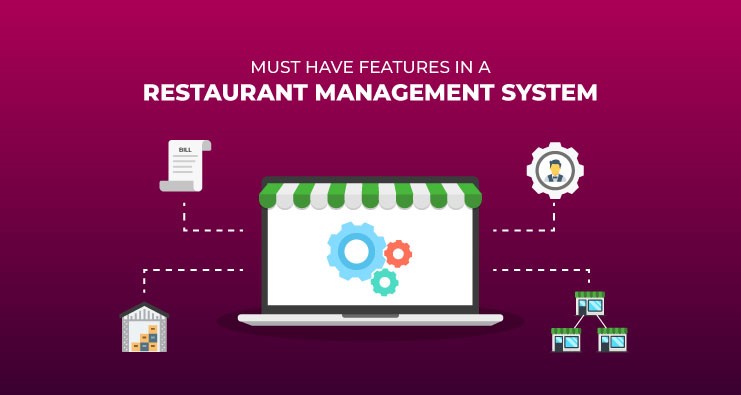
Saudi Arabian Restaurant Digitization: The Increasing Requirement for Restaurant Management Systems
In the heart of Saudi Arabia’s burgeoning restaurant industry, a digital transformation is underway. As culinary establishments strive for efficiency, accuracy, and enhanced customer experiences, the adoption of advanced Restaurant Management Systems (RMS) emerges as a pivotal trend. In this dynamic landscape, we explore the increasing requirement for RMS and its profound impact on the Saudi Arabian restaurant scene.
Embracing the Digital Culinary Revolution
1. Enhancing Operational Efficiency
In the realm of restaurant operations, efficiency is paramount. RMS streamlines tasks, from order processing to inventory management, reducing manual errors and optimizing workflows. The result is a well-oiled culinary machine that operates seamlessly, ensuring swift service and satisfied customers.
2. Accurate Order Processing
Precision in order processing is a hallmark of exceptional dining experiences. RMS excels in this aspect, offering accurate and real-time order fulfillment. From the moment a customer places an order to its delivery, every step is meticulously monitored, minimizing discrepancies and enhancing overall service quality.
3. Inventory Management Precision
For any restaurant, managing inventory is a complex task. RMS introduces a new era of inventory management, automating stock tracking, and providing timely alerts for restocking. This not only prevents shortages but also minimizes waste, contributing to both cost savings and sustainability.
The Increasing Requirement for RMS in Saudi Arabia
1. Demand for Contactless Solutions
The global shift towards contactless solutions in the wake of recent events has accelerated the need for RMS in Saudi Arabian restaurants. From digital menus to contactless payments, these systems ensure a safer dining environment, aligning with evolving customer preferences.
2. Data-Driven Decision Making
Informed decisions are the cornerstone of success. RMS generates insightful analytics, offering restaurateurs valuable data on customer preferences, popular dishes, and peak hours. Armed with this information, businesses can tailor their strategies for heightened profitability.
3. Adaptability to Diverse Cuisines
Saudi Arabia’s culinary landscape is diverse, ranging from traditional dishes to international cuisines. RMS caters to this diversity by offering customizable features that align with the specific needs of different culinary establishments. Whether a cozy local eatery or a high-end international restaurant, the adaptability of RMS makes it an indispensable asset.
Unlocking the Potential: The Future of Dining in Saudi Arabia
As the Saudi Arabian restaurant industry embraces digitization, the role of RMS becomes increasingly pivotal. The trajectory is clear – streamlined operations, enhanced customer experiences, and data-driven decision-making are the hallmarks of the future. Restaurants that harness the power of RMS position themselves not just as culinary destinations but as innovators in the evolving landscape of dining.


